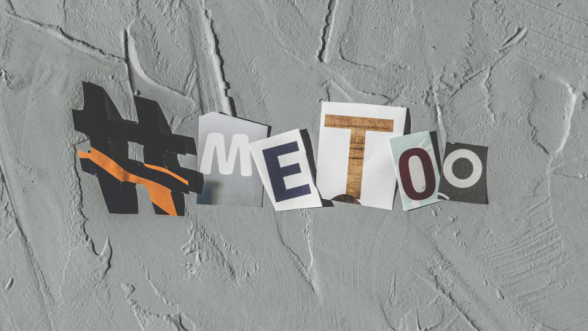
Imagine you were faced with the decision of firing your CEO who has been an advocate for equal rights and pay for women in the workplace due to a mistake he made 39 years ago. Your stock price is rapidly declining due to the public’s knowledge of this scandal, and this mistake has now drastically altered the CEO’s reputation of treating women fairly in the workplace. Do you fire him?
Teams were faced with this dilemma at the third annual Diversity and Business Ethics Case Competition (DBECC) last month at the Leeds School of Business.
A regional ethics competition
To encourage friendly competition, nine different business schools were in attendance at the event, including business schools from CU Boulder, the University of Utah, and Colorado State University. The following team represented CU Denver and represented a wide variety of expertise and degrees.

Team Members:
- Spencer Roberts, team captain, senior earning his BSBA in Marketing
- Lily Sanders, junior earning her BSBA in Entrepreneurship
- Dylan Webb, junior earning his BSBA in International Business
- Vanessa Mandonado, sophomore earning her BSBA in Accounting
- Payton Balabanoff, freshman earning her BSBA in Marketing
- George Esterbrook, freshman earning his BSBA in Finance
A timely prompt
Aligned with the MeToo movement, the prompt described how an industry leader’s CEO, named Kevin, jokingly slapped a female coworker at a bar 39 years ago. He immediately regretted that decision, but was terminated from the company the following day. Instead of writing “workplace violence” as the reason of termination, his supervisor wrote the layoff was due to a “last in, first out” policy to ensure Kevin’s rehire.
Working his way up in another company, Kevin eventually became the CEO and built a reputation for ethical behavior within his company and industry. In an attempt to make amends for his past mistake, Kevin became an advocate for equal rights for women in the workplace. He even persuaded his company’s Board of Directors to ensure that 50 percent of managers and executives would be women by 2025.
Each team was tasked with the decision to keep or fire Kevin as the Ethics Committee who had to give a recommendation to the Board of Directors.
Extensive preparation for the competition
With only two weeks to prepare for the competition, the team met at every possible opportunity to plan, prepare, and practice.
Webb spoke about the team forming the best possible strategy. “We had to take our personal feelings and combine them with a professional business mindset.”
“Ethics is the ultimate business advantage”
The student team expressed the value of attending these kinds of competitions and thinking through ethical dilemmas.
“Ethics is the ultimate business advantage,” Roberts expressed. Upon graduation, Roberts plans on becoming a financial advisor in the wealth management industry. He believes the foundation of building a successful practice lies within your ethics and the trust your clients have in you.
“I’m really hoping that I can go forward with this new information I gained from the competition and turn it into some good in the professional world.”
Ethics will also play a vital role in Mandonado’s future career as an accountant. “I think anytime money is involved in something, it opens the door for people to act unethically. I’m a firm believer in the rights and equitable treatment of all persons. Sometimes business and money muddle things. So, I’m really hoping that I can go forward with this new information I gained from the competition and turn it into some good in the professional world,” Mandonado stated.
Sanders also added, “The concepts of ethics can be taught but acting in accordance with those concepts is a choice. We’re constantly facing ethical dilemmas at school and work. Across the media, we see the effects of people in power acting unethically, which is why it is very important to voice your values.”
“The concepts of ethics can be taught but acting in accordance with those concepts is a choice. Across the media, we see the effects of people in power acting unethically, which is why it is very important to voice your values.”
As an International Business major, Webb stated, “Ethics go hand in hand with good business, both in the US and throughout our globalized economy.”
Ethics ingrained at CU Denver
It’s apparent that this team’s mindset is that ethics is so important, especially in the business world.
The Business School values ethics and received a grant from the Daniels Fund Board of Directors to participate in the Daniels Fund Ethics Initiative (DFEI) program. DFEI promotes teaching students principle-based ethics, emphasizing real-world application of ethical principles, and extending ethical behavior beyond campus and into the community.
DFEI hosts a number of events at CU Denver like Lunch with Leaders, where they bring in business leaders from the community to encourage small group discussion. Recently, they hosted Natalie Wagner, a personal finance advisor, who spoke on how to be an ethical financial planner.


